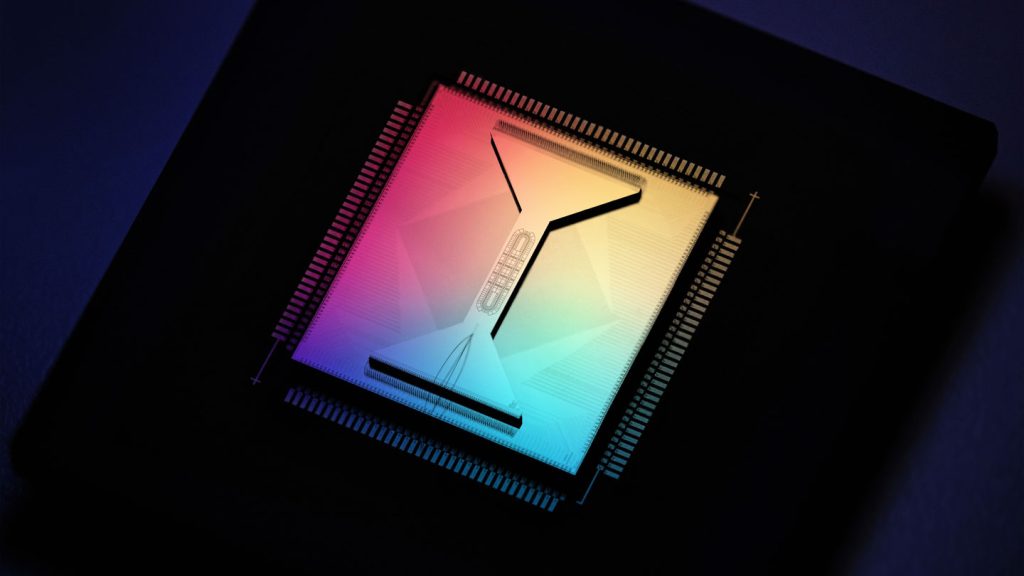Researchers have made significant progress in developing quantum computers that can perform calculations with minimal errors by using logical qubits that are corrected for errors. Microsoft and Quantinuum researchers have entangled eight logical qubits with a much lower error rate than physical qubits, while also entangling 12 logical qubits to achieve even lower error rates. This error correction process is seen as a significant step towards reliable quantum computing, with potential to lead to breakthroughs in various fields of research.
This progress was achieved using a quantum computer developed by Quantinuum, with 56 qubits made from electrically charged ions. The error correction scheme used in the study was able to fix only one error, with any additional errors detected and the results thrown away to prevent inaccurate outcomes. While this represents a major advance in the field of quantum computing, significant challenges still remain to develop a universal quantum computer that can perform all the operations theoretically possible for quantum computers.
These developments mark a significant milestone in the field of quantum computing, showcasing the potential for error correction to significantly improve the accuracy and reliability of quantum calculations. Other companies such as Google have also shown success in error correction, increasing the length of time a qubit can store information in memory. With continued advancements, researchers hope to reach a stage where quantum computers can perform complex calculations that are currently beyond the capabilities of classical computers.
In a separate study, Microsoft researchers demonstrated the use of a combination of high-performance classical computing, artificial intelligence, and quantum computing to perform a chemistry calculation. While this calculation could be completed without a quantum computer, using logical qubits led to improved results compared to physical qubits. This application of quantum computing could have far-reaching implications in areas such as fertilizer production and carbon extraction to combat global warming, highlighting the potential of quantum computers to address pressing global challenges.
The ultimate goal of these advancements in quantum computing is to save and feed the planet by unlocking new insights and capabilities that can benefit society as a whole. With the continued development of quantum technology and the integration of error correction methods, researchers are hopeful that quantum computers will be able to tackle complex problems more efficiently and effectively than current classical computers. The potential applications of quantum computing in a wide range of fields offer promising opportunities for solving some of the most pressing challenges facing humanity.


